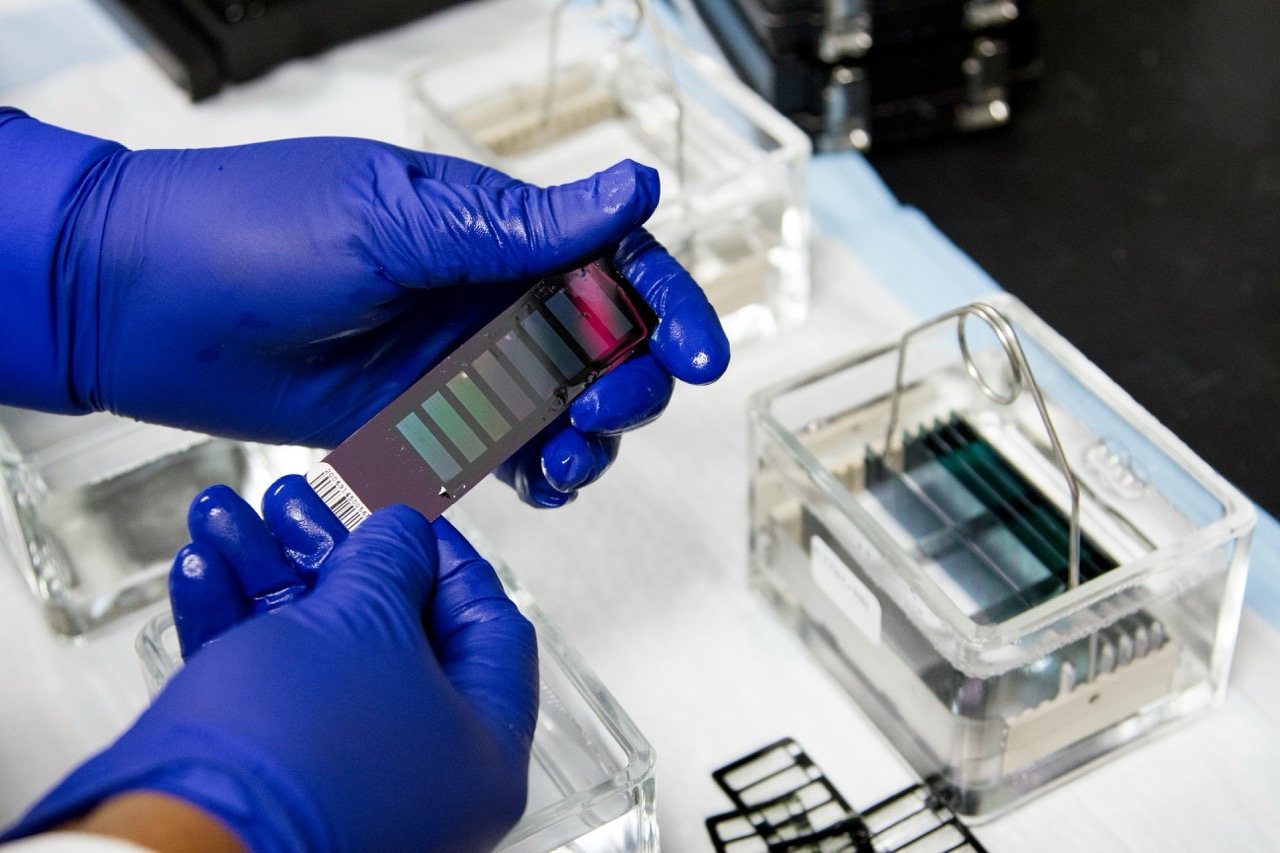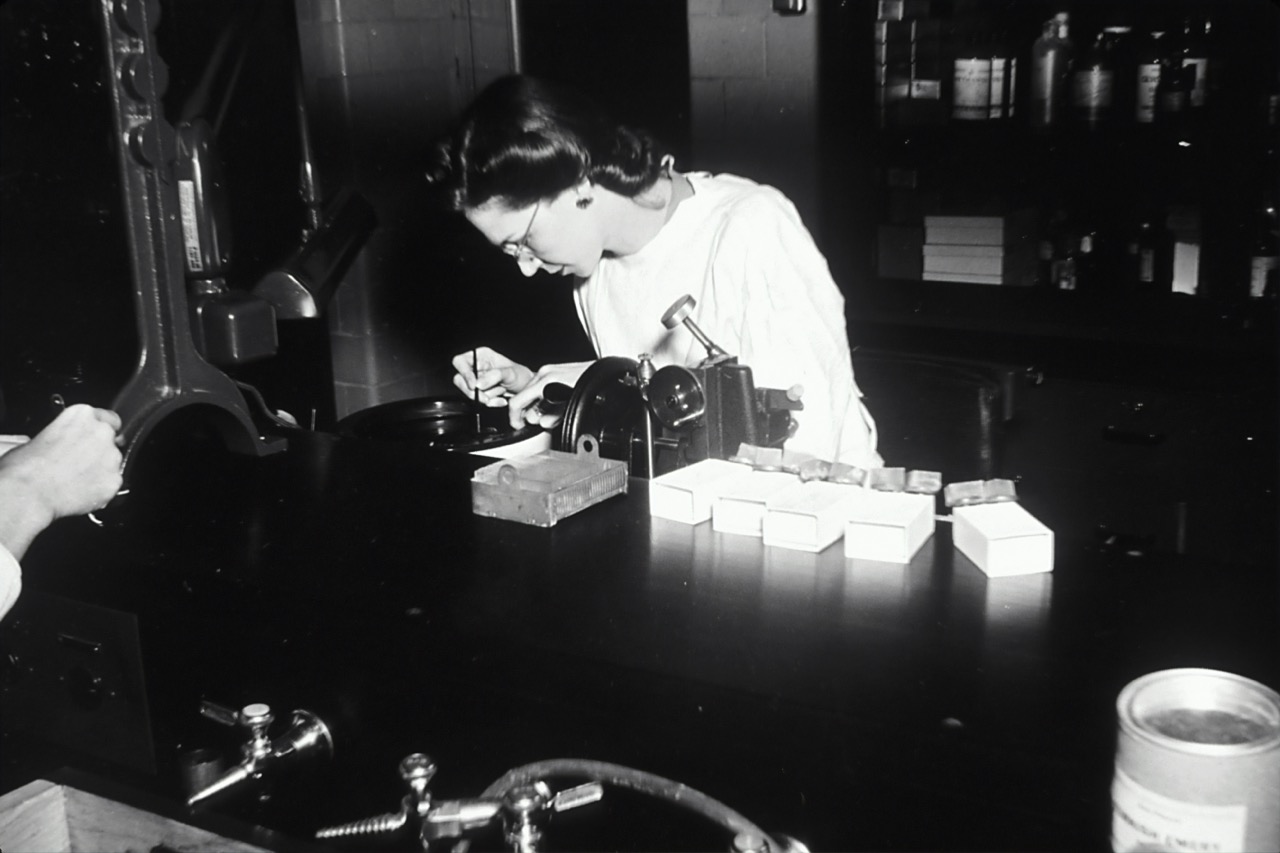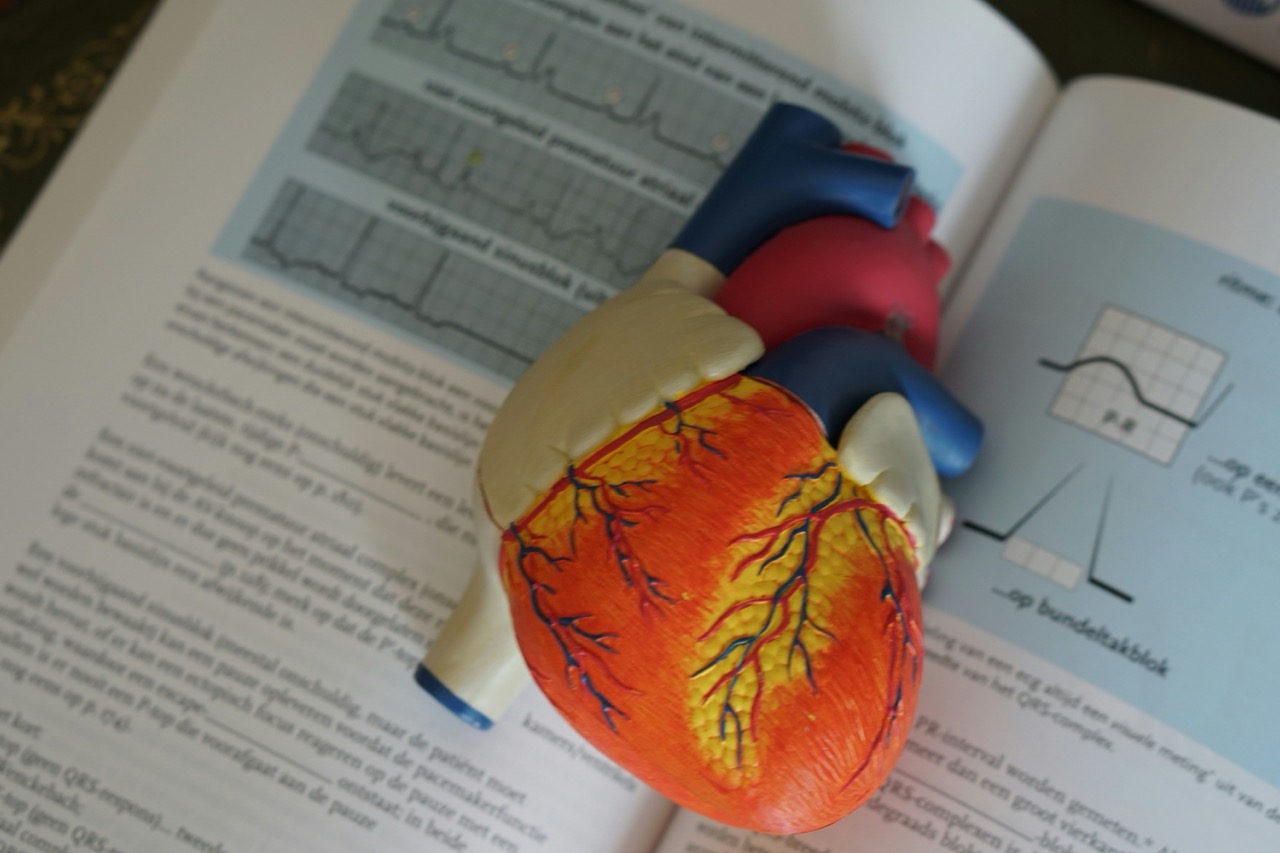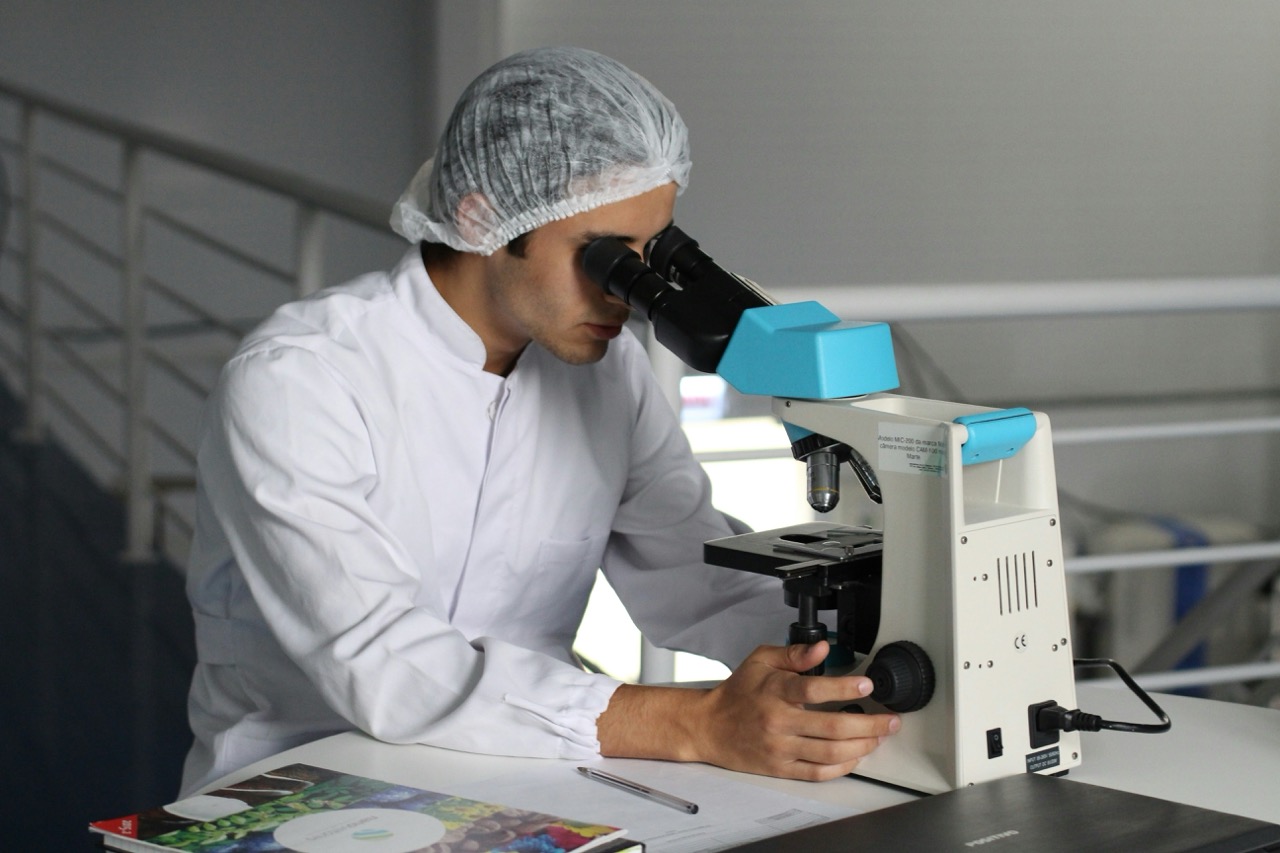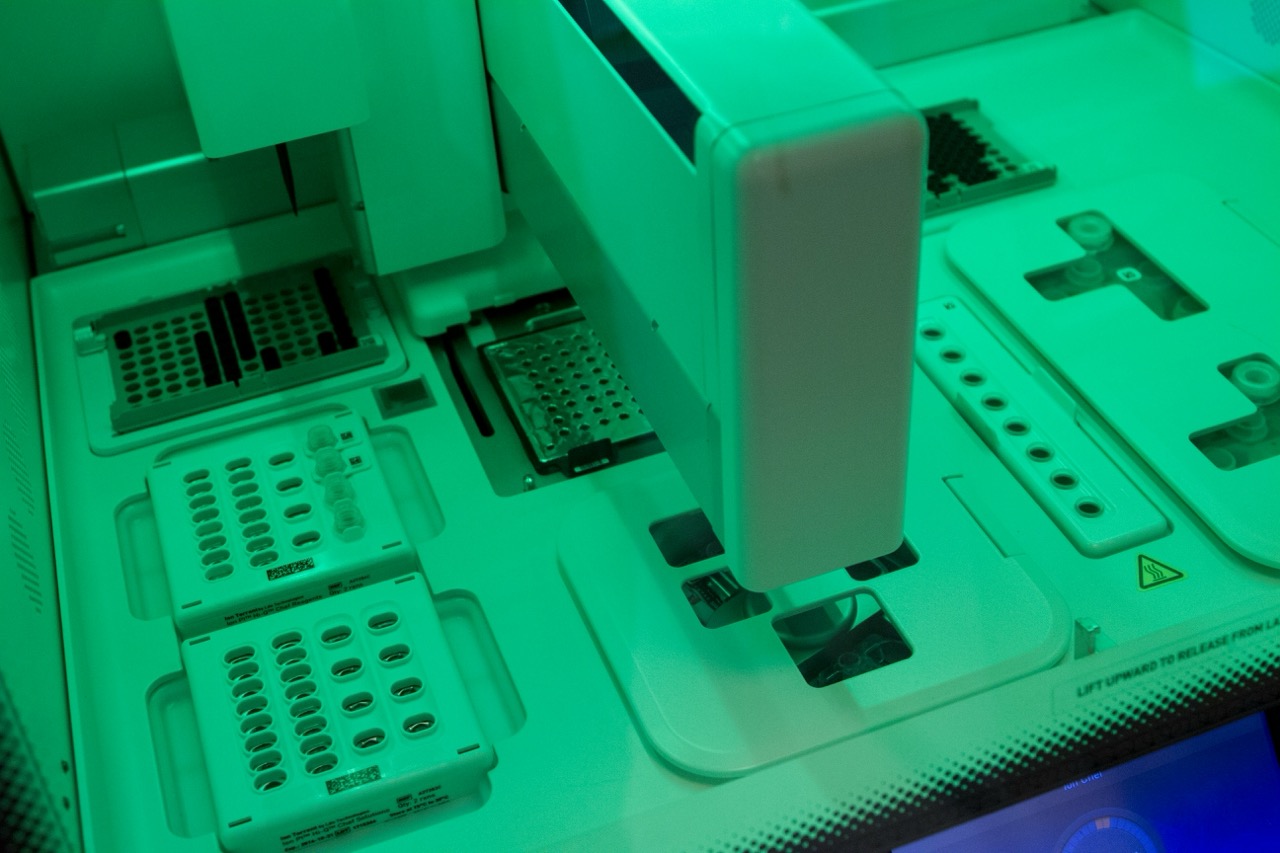How Urine Tests Detect STDs: A Cheerful Guide to a Serious Subject
When it comes to health, knowledge is power! And while the thought of STDs (sexually transmitted diseases) might conjure up some uncomfortable feelings, fear not! Today, we’re diving into the world of urine tests—those little vials filled with liquid gold that help keep our sexual health in check. With a cheerful spirit, let’s explore how these tests work, why they’re important, and the positive impact they can have on your sexual wellness!
The Lowdown on STDs
First things first, what are STDs? Simply put, sexually transmitted diseases are infections that are primarily spread through sexual contact. Some common examples include chlamydia, gonorrhea, and trichomoniasis. Many people don’t even realize they have one, as symptoms can be mild or nonexistent. That’s where testing comes in! The sooner you know, the better you can manage your health—and urine tests are one of the simplest ways to find out.
The Science Behind the Urine Test
Now, let’s get into the nitty-gritty of how urine tests detect STDs. When a person is infected with an STD, the body responds in various ways. Infections often lead to the presence of certain bacteria or parasites that can show up in urine. Urine tests are designed to detect these invaders through the analysis of your pee—yes, that’s right!
-
Collecting the Sample: The process is straightforward and quick. You’ll be given a clean container and asked to provide a midstream urine sample. This means you start urinating, then collect a bit of urine after the flow has begun. This technique helps ensure that the sample is as clean as possible, reducing the risk of contaminants affecting the results. Think of it as giving your body a chance to show off its health status!
-
Analyzing the Sample: Once your sample is collected, it’s sent off to the lab where it undergoes analysis. There, trained professionals look for signs of infection, such as the presence of specific bacteria or unusual cells that signify a problem. This can be done through various methods, including culture tests and nucleic acid amplification tests (NAATs), which are super sensitive and accurate.
-
Getting Results: The waiting period for results can be a bit nerve-wracking, but remember—it’s always better to know! Some clinics offer rapid testing, giving you results in under an hour, while others may take a few days. Regardless, the news you receive can help you take the necessary steps toward treatment and recovery.
Why Choose Urine Tests?
You might be wondering: why urine tests? Well, there are several reasons:
-
Non-Invasive: Unlike blood tests, urine tests are less invasive and can be more comfortable for many individuals. Who wants a needle when you can simply pee in a cup?
-
Quick and Convenient: As mentioned, urine tests are usually quick to administer and can often be done during a routine doctor’s visit or even at home with certain test kits.
-
Effective for Certain STDs: While not all STDs can be detected through urine tests (looking at you, HIV!), many of the most common ones can be, making it a valuable tool in the fight against STDs.
The Importance of Regular Testing
Regular STD testing is crucial in maintaining sexual health, regardless of whether you’re experiencing symptoms. It’s all about being proactive! Regular testing helps you catch infections early, reducing the risk of complications and transmission to partners. Plus, it promotes open conversations about sexual health, which is a win-win for everyone involved.
Embracing the Journey
In conclusion, while the topic of STDs can feel heavy, it’s essential to approach it with a light heart and a sense of empowerment. Urine tests are a simple, effective way to keep tabs on your sexual health, and knowing your status is a powerful step toward a healthier future. So, the next time you think about a urine test, remember that it’s not just a cup of pee—it’s a ticket to peace of mind! Cheers to being informed, healthy, and ready to embrace life with open arms!







